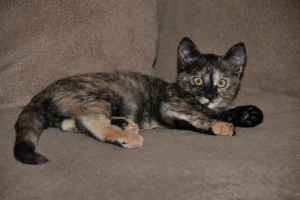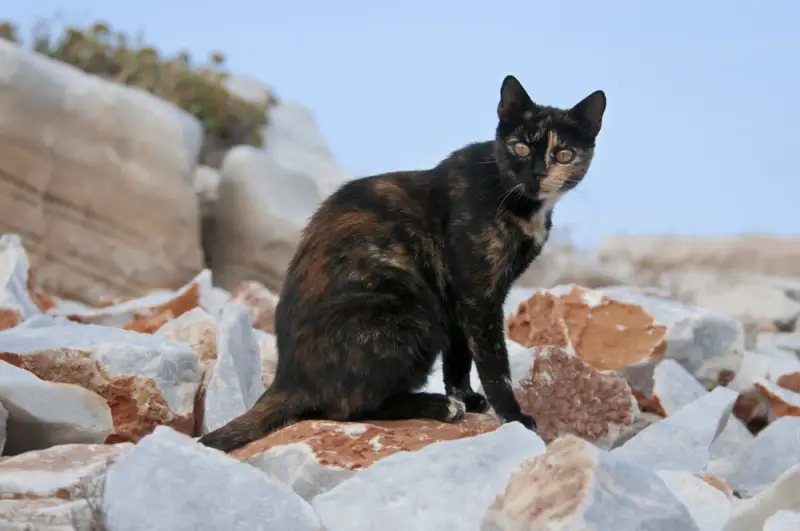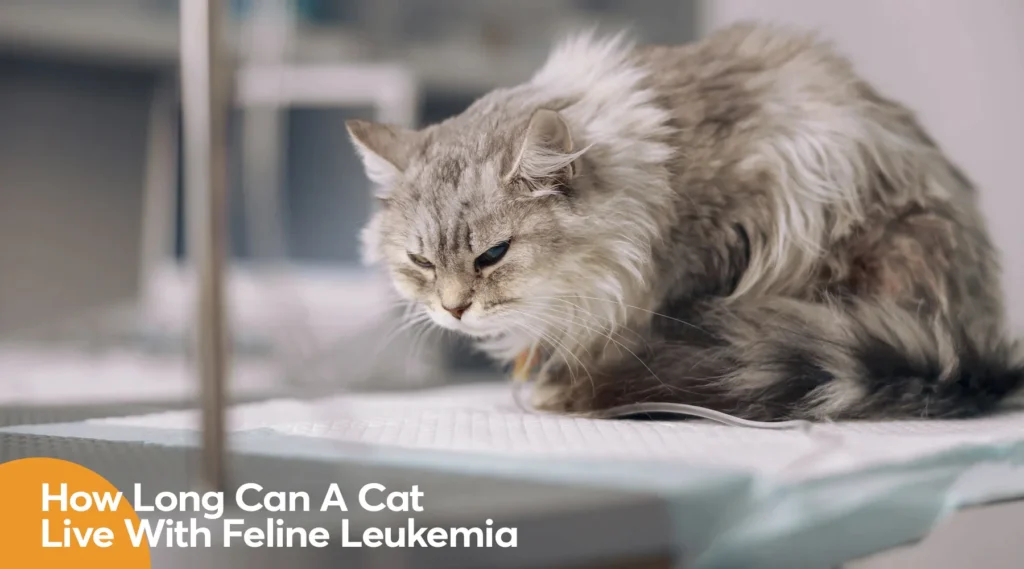How Long Do Tortie Cats Live

Tortoiseshell cats, affectionately known as “torties,” are a fascinating and beloved category of felines characterized by their unique coat colors and patterns. These cats are not a distinct breed but rather a combination of specific coat colors, often involving black and orange, and are typically female due to the genetics of coat color inheritance. Like any other cat, the lifespan of a tortie cat can vary based on several factors. In this article, we will explore the average lifespan of tortoiseshell cats, the factors that can influence their longevity, and provide insights into how long do Tortie cats live.
Average Lifespan of Tortoiseshell Cats
Before delving into the factors affecting the lifespan of tortie cats, it’s essential to establish their average life expectancy. Like all cats, the lifespan of tortoiseshell cats can vary due to a range of influences such as genetics, environment, diet, and overall health.
On average, tortoiseshell cats can live from 12 to 16 years. However, it is crucial to understand that these figures are approximate, and individual tortoiseshell cats can live shorter or longer lives. It’s also important to note that while some characteristics of tortoiseshell cats may be associated with their coat colors, these traits do not directly impact their longevity.
Factors Influencing Tortoiseshell Cat Lifespan

The lifespan of a tortoiseshell cat is influenced by various factors, which can be broadly categorized into genetic, environmental, and lifestyle-related aspects. Understanding these determinants is essential for cat owners to provide the best care and ensure their tortie cats enjoy a healthy and fulfilling life.
Genetic Factors
- Coat Color Genetics: Tortoiseshell cats’ coat colors are primarily a result of their genetics. Most torties are female due to the genetics of coat color inheritance. The genes responsible for coat colors may not directly affect lifespan, but they can influence the cat’s susceptibility to certain health issues.
- Genetic Health Issues: Like all cats, tortoiseshell cats can be prone to specific genetic health issues, such as polycystic kidney disease, hypertrophic cardiomyopathy (a heart condition), and hip dysplasia. These health issues are not exclusive to torties but can impact any cat. Responsible breeding and genetic testing can help reduce the risk of passing on these conditions to offspring.
- Inbreeding: The practice of inbreeding, where closely related cats are bred to maintain specific traits, can increase the risk of genetic health issues. Responsible breeders aim to minimize inbreeding and maintain genetic diversity within the breed to promote longevity.
Environmental Factors
- Indoor vs. Outdoor Living: Tortoiseshell cats, like other cats, may face various risks when living outdoors, including traffic accidents, predation, and exposure to diseases. Keeping them indoors, where they are safe from these dangers, can contribute to a longer lifespan.
- Clean and Safe Environment: Maintaining a clean and safe living environment is crucial for the well-being of tortoiseshell cats. Regular cleaning and disinfection of their living spaces can reduce the risk of infections and diseases. Safety measures should also be in place to prevent accidents and injuries.
- Stress Reduction: Stress can have a significant impact on a cat’s health and longevity. Creating a stress-free environment with ample social interaction, mental stimulation, and a comfortable living space can contribute to a longer, healthier life.
Lifestyle-Related Factors
- Nutrition: Proper nutrition is a key component of a tortoiseshell cat’s overall health. A balanced diet that meets their dietary requirements is essential. Consultation with a veterinarian can help determine the best diet for your individual cat.
- Regular Veterinary Care: Routine veterinary check-ups and vaccinations are essential for monitoring your tortoiseshell cat’s health and preventing diseases. Early detection of health issues can lead to more effective treatments and, ultimately, a longer life.
- Exercise and Mental Stimulation: Tortoiseshell cats are active and playful, and they require regular exercise and mental stimulation. Providing toys, interactive play, and opportunities for physical activity can help maintain their overall well-being and prevent obesity, which can reduce their lifespan.
- Hydration: Proper hydration is essential for a cat’s overall health. Ensuring they have access to fresh water is crucial for their well-being. Some tortoiseshell cats, like all cats, may be prone to urinary tract issues, and maintaining hydration is especially important to prevent such problems.
Providing Optimal Care for Tortoiseshell Cats
Now that we’ve discussed the factors influencing the lifespan of tortoiseshell cats, it’s essential to understand how to provide optimal care to ensure a long and healthy life for your feline companion.
- Selecting a Responsible Breeder
Choosing a reputable breeder is the first step in ensuring the health and longevity of your tortoiseshell cat. Responsible breeders prioritize the health of their cats and carefully select their breeding stock. Visiting the breeder’s facility, meeting the kitten’s parents, and asking questions about their breeding practices are essential steps in finding a responsible breeder.
- Indoor Living
Providing a safe and enriching indoor environment is recommended for tortoiseshell cats. This ensures protection from potential outdoor hazards and extends their lifespan. If you decide to allow your cat outside, consider a secure outdoor enclosure to keep them safe.
- Proper Nutrition
Consult with a veterinarian to determine the best diet for your tortoiseshell cat. High-quality commercial cat food that meets their nutritional requirements is a good starting point. Be mindful of portion control to prevent obesity, which can reduce their lifespan.
- Regular Veterinary Check-Ups
Regular veterinary check-ups are vital for early disease detection and preventive care. Your veterinarian can establish a vaccination schedule, perform routine health assessments, and address any concerns related to your cat’s well-being.
- Exercise and Mental Stimulation
Tortoiseshell cats are active and playful, so engage them in regular play sessions to provide both physical exercise and mental stimulation. Interactive toys, puzzle feeders, and climbing structures can help keep them mentally and physically active.
- Social Interaction
Tortoiseshell cats, like many other cats, are known for their affectionate and social nature. They thrive on human companionship and can become stressed or anxious when left alone for extended periods. Make sure to spend quality time with your tortoiseshell cat, offering cuddles, play, and attention to meet their social needs.
- Grooming and Coat Care
Tortoiseshell cats may have longer fur, depending on their breed or specific genetics. Regular brushing and grooming sessions are necessary to keep their fur in good condition and prevent matting.
- Dental Care
Oral health is often underestimated in cats, but it significantly impacts their overall well-being. Brush your tortoiseshell cat’s teeth regularly, offer dental treats, and schedule dental cleanings with your veterinarian as needed.




Over the last week I eagerly started following this fantastic website, they have remarkable content for their community. The site owner has a real talent for informing visitors. I’m excited and hope they maintain their splendid skills.
Hello there, Thanks for the Feedback. Please check out our latest blogs (:
Usually I do not read article on blogs however I would like to say that this writeup very compelled me to take a look at and do so Your writing taste has been amazed me Thanks quite nice post.